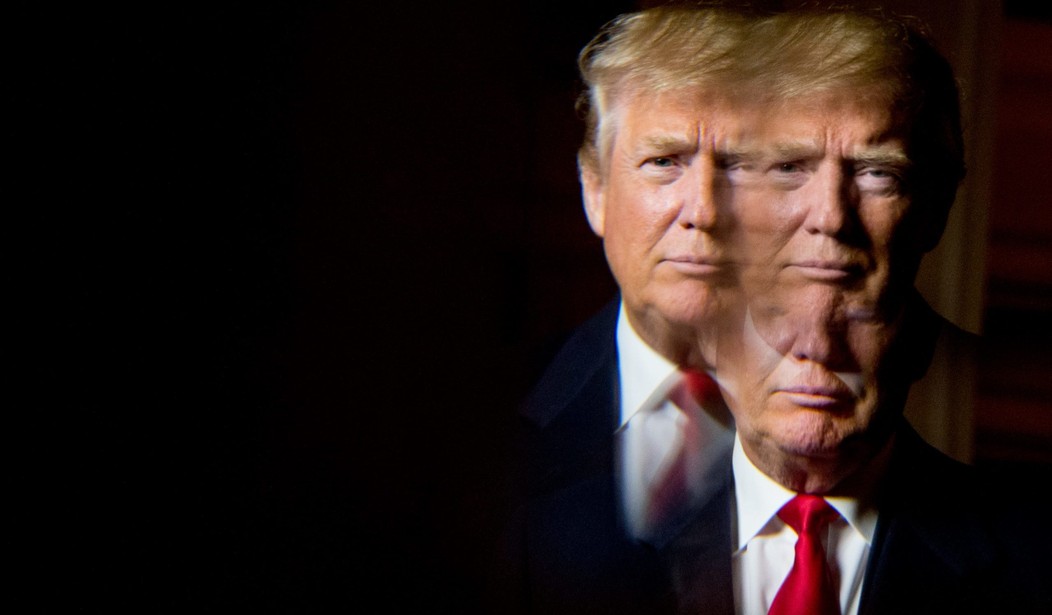Riddle me this. How does a Tea Party libertarian who supported a Paul for president in every cycle since 2008 qualify as a member of the Republican “establishment”? When did the transition occur? Was there some formal recognition I missed? A card in the mail? Something? At what point did I go from an insurgent grassroots activist with radical ideas to a shill for the status quo?
It’s not just me. Everyone working within the Republican Party as citizen activists pursuing reform on various fronts, if they now stand in opposition to Donald Trump, has been tossed in the same boat with the likes of John McCain and Lindsey Graham. How does that work?
If the purpose of communication is the accurate transmission of ideas, it is important to recognize when terminology has been hijacked. The term “establishment” used to reference an established way of thinking, or an established set of conventions. Being “anti-establishment” meant that you sought to change those conventions in favor of a new paradigm. It was about ideas. In the case of Trump, the term “establishment” now seems to reference anyone who doesn’t support him. That’s not a meaningful distinction. It makes everything about Trump instead of ideology, which is why Ted Cruz and Lindsey Graham are now regarded by many as one and the same.
For the concepts underlying terms like “establishment” and “anti-establishment” to mean anything of practical value, they must reference ideas, not a particular man. The ideological convictions which made me a Tea Party insurgent yesterday have not changed. They still distinguish me from the mainstream of my party. They also, to the larger point, distinguish me from Trump.









Join the conversation as a VIP Member